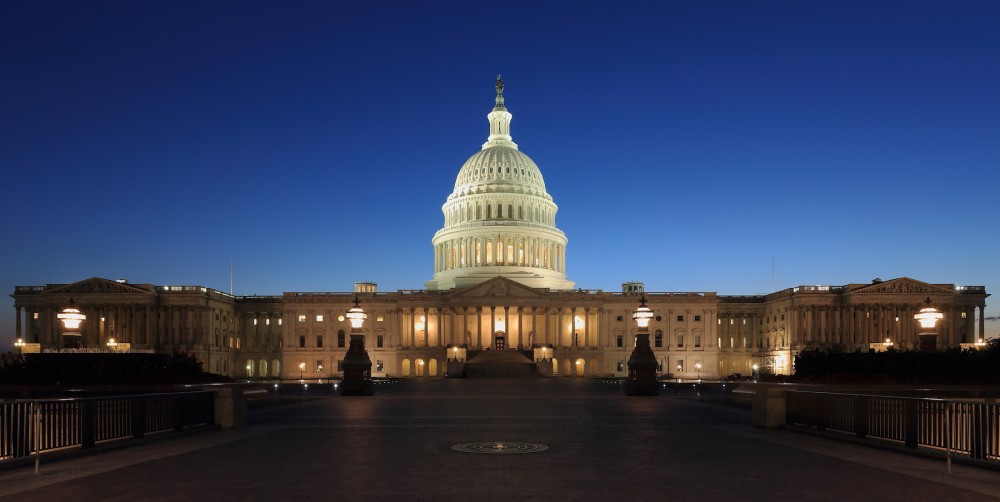The Mueller report is in. Now it’s up to Congress.
But first, they need all 400 pages.

Robert Mueller’s report on Russian influence in the 2016 presidential election proved anticlimactic—at least as it was summarized by Attorney General William Barr. The special counsel did not find what many expected him to find: definitive evidence that Trump or his associates enlisted Russian agents to help get him elected. The investigation did not show Trump engaged in an actual quid pro quo.
Anticlimactic or not, Mueller’s work should be assessed in light of its overall achievement. Had Mueller chosen to release all his findings in one final report rather than a series of criminal indictments over the course of 22 months, it would have landed like a bombshell.
Mueller indicted or won guilty pleas from 34 people, including six people in Trump’s inner political circle. Those convicted of fraud and/or of lying to federal investigators include Trump’s chief campaign manager Paul Manafort and national security adviser Michael Flynn. Mueller also indicted 26 Russian agents and three Russian-based Internet companies for trying to manipulate US voters—the clearest evidence yet of Russia’s effort to tip the election to Trump. And Mueller’s probe sparked several other criminal investigations of the president and his associates that will continue, as well as the probe that led to Trump’s personal lawyer, Michael Cohen, being convicted of lying to Congress, tax fraud, and campaign finance violations.




